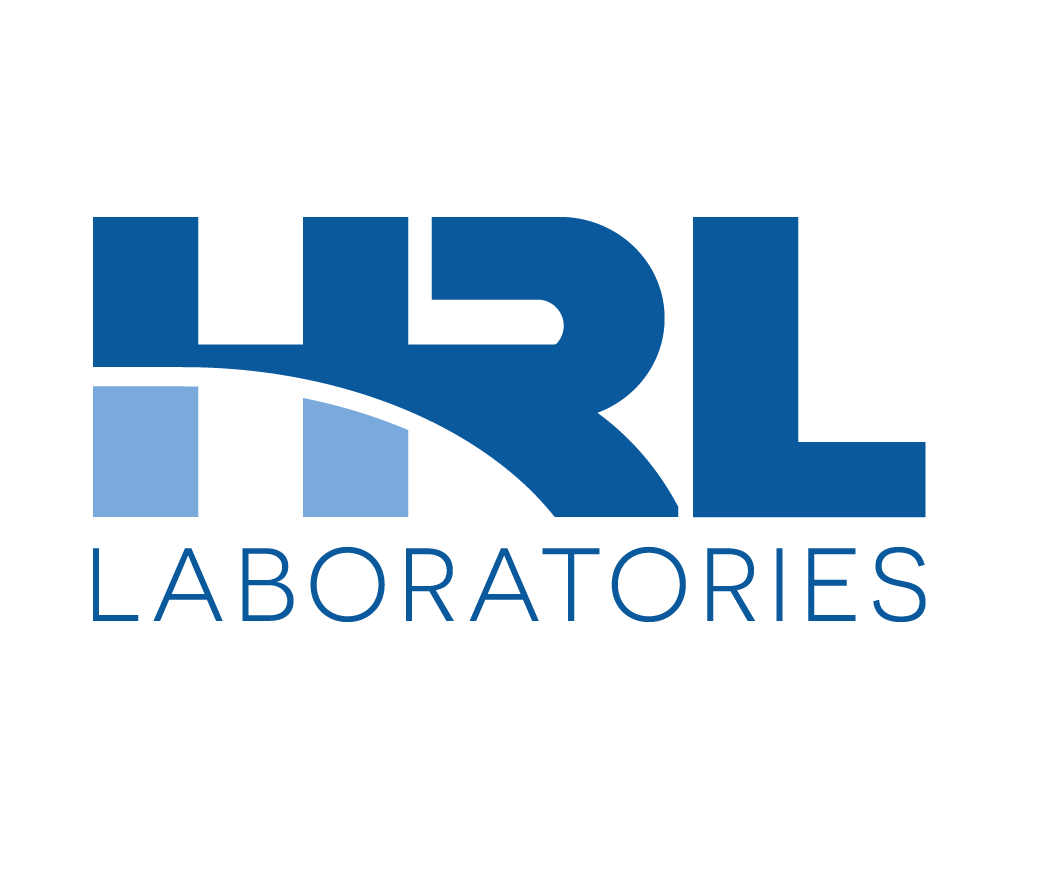About Commonwealth Fusion Systems:
Commonwealth Fusion Systems is on a mission to deliver the urgent transition to fusion energy.
Combining decades of research, top talent and new technologies, we’re designing and building commercially viable fusion power plants. And working with policymakers and suppliers to build the energy industry of the future.
We’re in the best position to make it happen. Since 2018, we’ve raised over $2 billion in capital – more than any other fusion energy company in the U.S.
Now we’re looking for more thinkers, doers, builders, and makers to join us. People who’ll bring new perspectives, solve tough problems, and thrive as part of a team.
If that’s you and this role fits, we want to hear from you.
Join the power movement as a Senior Scientific Software Engineer
The Scientific Software team at CFS develops software that helps us understand and build superconducting magnets and tokamaks. The primary project for this role will be developing software for a fiber optic quench detection system. A quench is an event where a superconducting magnet goes into thermal runaway, and SPARC will incorporate a system using fiber optic cables to detect and mitigate these events. We seek an experienced software engineer (Senior to Principal level) to help develop an algorithm for detecting quenches based on the data received by the fiber optic system. One of the tools used to develop the algorithm is a fiber model written in Python that simulates the expected signals during a quench and nominal operations. The engineer will also help increase the accuracy and performance of the simulation. The development of the fiber model and the quench detection algorithm are informed by experiments, ranging from bench top tests to full sized magnets. The engineer will be responsible for analyzing experimental data from these tests to validate the fiber model and test and develop the quench detection algorithm.
What you'll do:
- Rapidly learn and improve complex physics-based models and simulations from first principles optics and physics
- Perform analysis on a variety of experimental 2D and time-series spectral data, utilizing image and signal processing techniques, to validate models and enhance algorithm performance (e.g., quench detection)
- Design and develop components of a robust algorithm for real-time quench detection of the magnet and other critical applications
- Collaborate with cross-functional teams, including the physics, production, and I&C team, to identify and execute on key data and algorithm needs
- Communicate technical results and project progress to stakeholders, ensuring clarity even on complex topics for those with varied technical expertise
- Develop, implement, and maintain CI/CD pipelines to streamline development processes, ensure code reliability, and reduce operational overhead
- Contribute to and shape the growth of an evolving product with low technical readiness levels, applying creative problem-solving and rapid iteration to meet high-stakes deliverables
What we’re looking for:
- Bachelor’s degree in a technical field preferred
- Programming language: Python, including type hinting
- Able to independently set up a new software project, including CI/CD processes, linting, unit testing, and software documentation
- Basic understanding of numerical methods, linear algebra, and differential equations
- Able to understand the basics of the project’s physics aspects (e.g., undergrad-level electromagnetics and optics))
- Data analysis using pandas, numpy, matplotlib, or other similar Python packages
- Experience with object oriented programming in Python
- Experience with at least one of the following: signal processing, machine learning, and data analytic tools
Bonus points for:
- Programming languages: C++, Rust, or experience with low-level performance and memory management
- Concurrency and parallelization
- Demonstrated experience building a simulation framework that uses physics-based modeling
Must-have Requirements:
- Perform activities such as typing or sitting for extended periods of time
- Dedication to safety to mitigate industrial hazards that may include heat, cold, noise, fumes, strong magnets, lead (Pb), high voltage, and cryogenics
- Willingness to travel or work required nights/weekends/on-call occasionally
#LI-Remote
At CFS, we excel in fast-paced environments, driven by our values of integrity, execution, impact, and self-critique. As we grow, we’re eager to bring on mission-driven folks who offer diverse perspectives and fresh ways to tackle challenges.
We value diversity deeply and are proud to be an equal opportunity employer by choice. We consider all qualified applicants equally, regardless of race, color, national origin, ancestry, citizenship status, protected veteran status, religion, physical or mental disability, marital status, sex, sexual orientation, gender identity or expression, age, or any other basis protected by law.
Top Skills
What We Do
Commonwealth Fusion Systems (CFS) has the fastest, lowest cost path to commercial fusion energy.
CFS is collaborating with MIT to leverage decades of research combined with new groundbreaking high-temperature superconducting (HTS) magnet technology. HTS magnets will enable compact fusion power plants that can be constructed faster and at lower cost. CFS is now building SPARC, the world's first commercially relevant, net energy fusion demonstration device. SPARC will pave the way for the first fusion power plant, ARC, that will produce power on the grid.
The ultimate mission is to deploy fusion power plants to meet global decarbonization goals as fast as possible. CFS has assembled a team of leaders in tough tech, fusion science, and manufacturing with a track record of rapid execution. Supported by the world’s leading investors, CFS is uniquely positioned to deliver limitless, clean, fusion power to combat climate change.
If you are interested in joining our team, check out cfs.energy/careers for more information.







.jpeg)